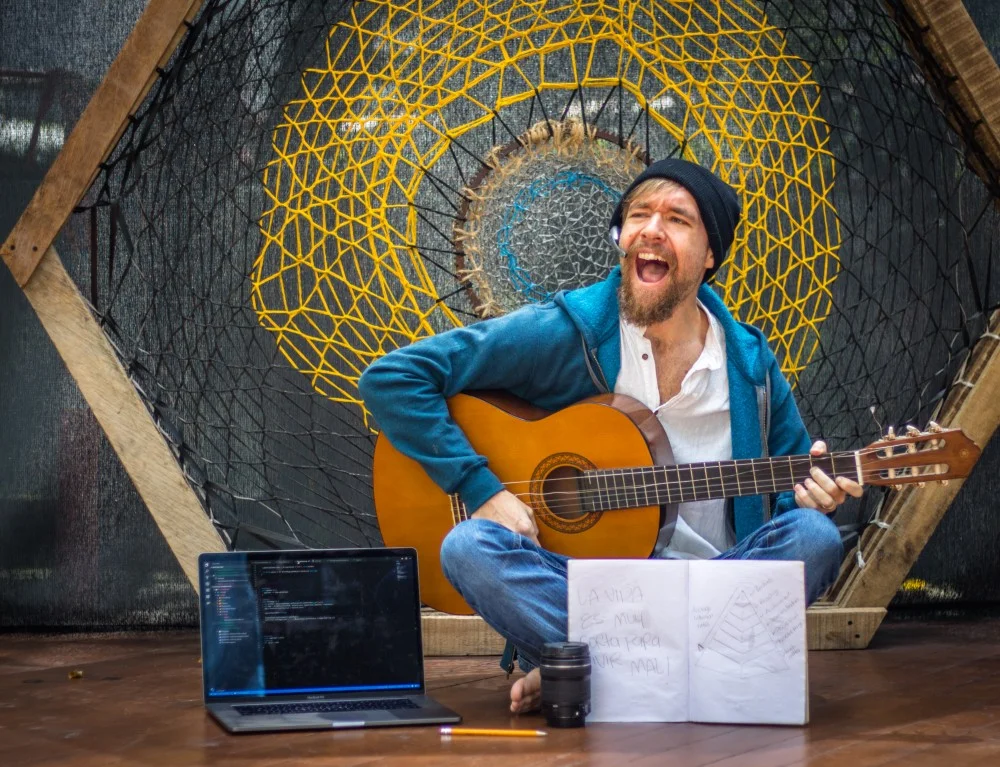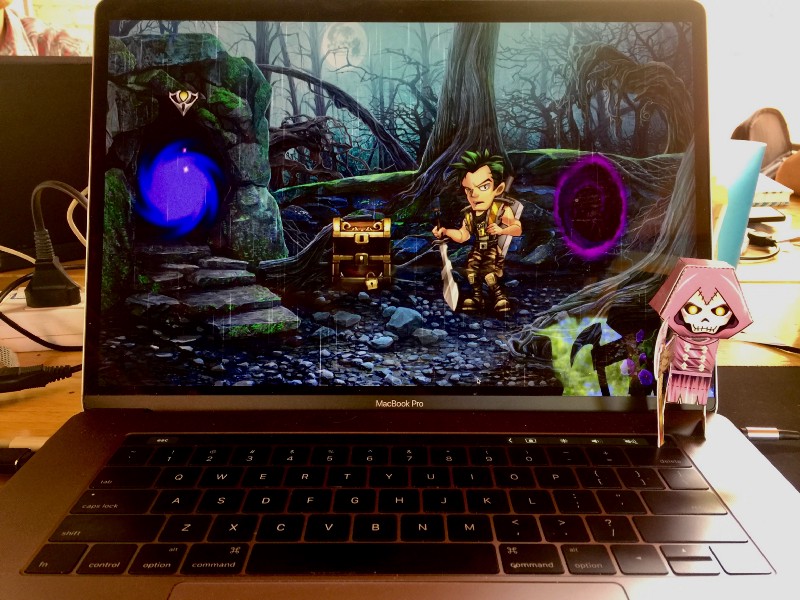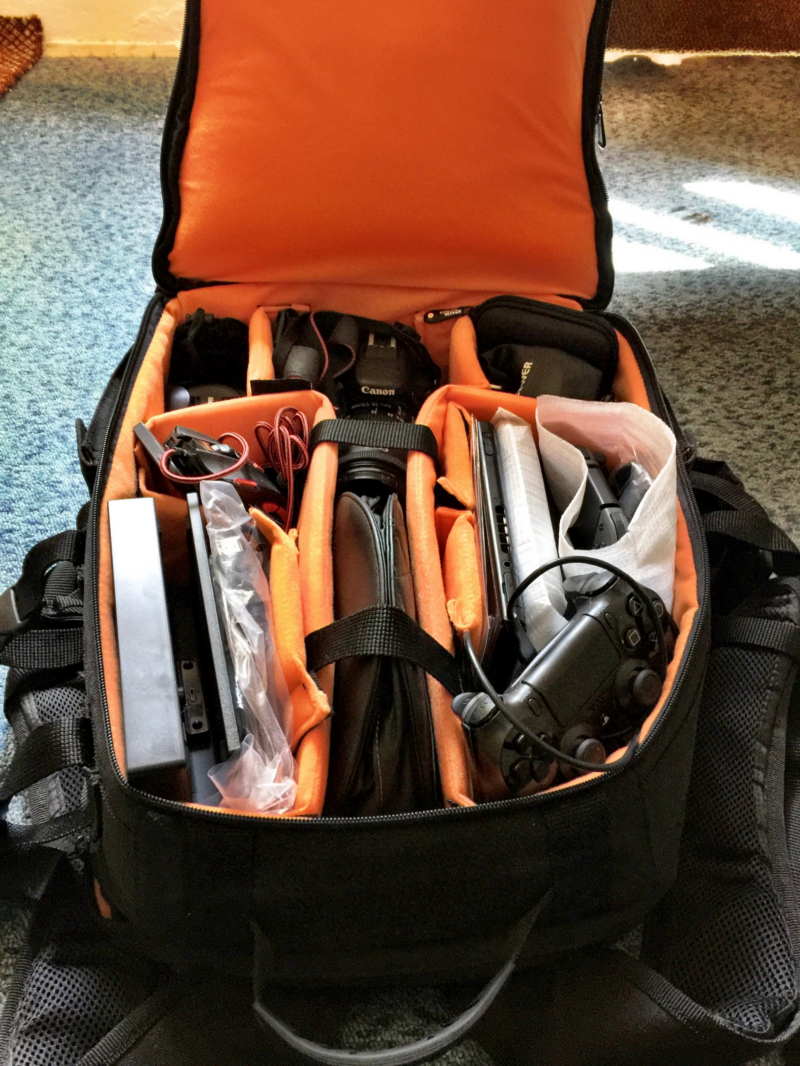Cover Photo by @lighttouchedphotography on Unsplash
When’s the last time you were pumped to get back to work after a vacation?
Most of the times, you’re either too comfortable to want to go back, or you exhausted yourself by cramming too much into a small vacation.
I’m just back from a small 4 days vacation in Mumbai, and let me tell you: I was pumped to get back to my productive activities!
It’s not that I didn’t enjoy my vacation, because I really did. But like everyone, I know how much it sucks to get back to work after being unproductive for a few days, weeks or months.
But I turned that over. I set myself up for wanting to come back without sacrificing quality time in a city I didn’t know.
Here are a few tips that worked for me to be pumped about going back to work after a vacation:
Tip #1: Disconnect From Work And Technology
This was, in part, my topic for yesterday’s story.
This is obviously not that easy, but if you can pull it off, it will help you want to get back to work. Truly disconnecting means not doing anything work-related.
No email checking, no calls, no social media. Nothing.
Don’t bring your work laptop. If it’s the same as your personal one, don’t turn it on unless it’s for researching things to do or book flights and accommodation.
Shut that phone off. Use it for the essentials only, like Google Maps and Translate.
Relax, get back to your hobbies. It’s your time, do things you want to do that doesn’t work towards your productive activities.
Tip #2: Plan Your Return On Your Last Day Off
This is critical.
Don’t go back to work not knowing what to expect. It’s the same principle as planning your day the night before. You’ll have clarity on what you need to do and you’ll be pumped to clear off that checklist the day of.
Be precise in your planning, and break your tasks in the smallest possible chunks.
I had 18 items to do just yesterday, most of which took between 10 and 30 minutes to do.
Everything was realistic.
Try not to schedule your hardest tasks on the day of your return. Or maybe not even in the first week. Give yourself a chance to be back.
I was pumped to accomplish the tasks on my list.
Now, I realize not everyone is in the same situation as me and have limited control over their work task, but if that’s your case, make sure to ask your superior what tasks they’re thinking of assigning you and try to negotiate with them.
Most bosses would be happy to help you get back to it.
Tip #3: Be Positive About It
“I hate Mondays” — Garfield
That’s the attitude you don’t want to have.
Do not tell yourself that coming back will suck. Even if you know it might. Think about the positive aspects of your work. Think about the things you like about your work.
Is it your colleagues?
Is it the work itself?
Is it the learning?
Is it the free snacks or lunches?
Is it the salary, or the benefits?
Whatever it is, capitalize on it.
If you struggle to find anything positive, well, maybe it’s worth considering other options? There are almost always other options.
Tip #4: Be Grateful
Some people don’t have the luxury of taking a vacation.
Too often, we take it for granted.
Be thankful for being granted vacation. Be thankful that your work made your vacation possible.
Some people can’t afford it. Both in terms of money and time.
When you stop taking your vacation time for granted, you start appreciating what made this vacation possible in the end: your work.
I traveled around the world for a year without working. I was in vacation mode for a year. It’s not as nice as it sounds.
Work gives you purpose. Be thankful for the opportunity to do something productive.
Tip #5: Exhaust Yourself, Just Enough
We’re creatures of comfort. It’s against our nature to do things out of our comfort zone.
When you take a vacation that’s too relaxing, you become too comfortable. It’s hard to break out of it and want to go back to doing productive things.
You definitely should relax on vacation, but make sure to spend some energy too. Spend energy on things you like to do. On things out of your comfort zone. Learn new things. Meet new people. Eat new foods. Let your imagination run wild.
But don’t overdo it!
Have you ever gotten back from vacation more exhausted than you were before?
Yeah, I’m sure you have. And you know it sucks.
Plan your most relaxing activities for the end of your vacation. That way you’ll have spent energy in the beginning, and won’t have time to get too comfortable before going back.
Tip #6: Change Your Mindset About Work
Everyone talks about work-life balance.
I reject that mindset. Work and life go together. There’s no balance.
Work is life. Take this definition of work for example:
“activity involving mental or physical effort done in order to achieve a result”
We all want to achieve results. The moment you start seeing work as a way to get things done and not about a paycheque, you’ll start to understand that work gives a meaning to life.
When you believe that you’re doing things that work towards your goals, you’ll stop thinking of work as a chore, but as a way to achieve your greatest ambitions in life.
Coming back to “work” then becomes coming back to achieving your goals.
And that is enticing and will get you pumped.
Conclusion
Going on vacation is great, no questions there. But coming back from it is not always easy.
Make sure to truly disconnect, be positive and grateful, exhaust yourself enough, change your mindset about work and plan your return before coming up.
That will pump you to be back to your productive activities.
You can do this!
Thanks for reading! :)

















